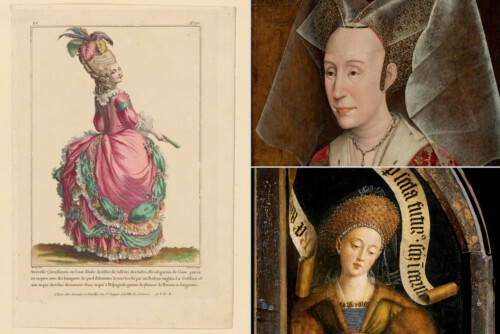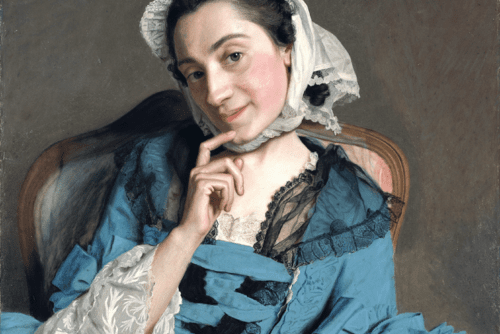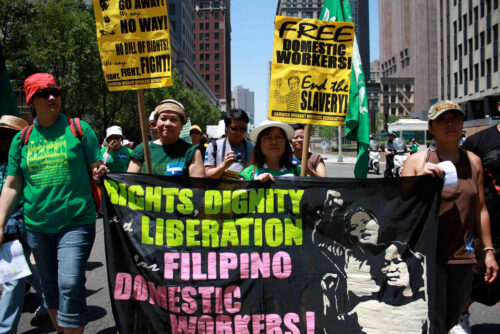This issue of Scholar and Feminist Online edited by Laurie Postlewate, Christine McWebb and Lori J. Walters pushes us to think critically about women’s agency in pre-modern Europe. Divided into two halves, “Imagined Community” and “Enlightened Collaboration,” this issue spans from the Middle Ages to the late eighteenth century and provides nuanced engagements with the lives and work of women in this period. Arguing that a narrow view of gendered engagement causes us to overlook the important contributions of women in this era, the contributors in this issue suggest we shift our gaze toward the contextually-progressive actors with whom they engage. For instance, Francesca Sautman takes up the fifteenth-century figure, Isabel of Portugal, outlining her work in founding religious houses and promoting literary productions, and pushes us to expand our notion of agency to include these engagements that both center and connect communities of women.
“Women and Community in Early Modern Europe: Approaches and Perspectives” emerges from a 2014 conference held at Barnard College, entitled “Women and Community in the Ancien Régime: Traditional & New Media.” The conference was co-sponsored by Barnard and MARGOT, a long-term research project at the University of Waterloo, Ontario to promote the study of texts from the medieval and early modern periods. Building on the important work and collaborations begun at this conference, the eight pieces in this issue come together to provide a robust image of women and their work in pre-modern Europe. As Laurie Postlewate writes in the Introduction to this issue, for scholars of pre-modern Europe concerned with gender, it remains “critical to examine more carefully how women achieved agency in social situations that required them to seek inventive and often indirect means to power.” The essays in this issue provide important contributions to that project.




